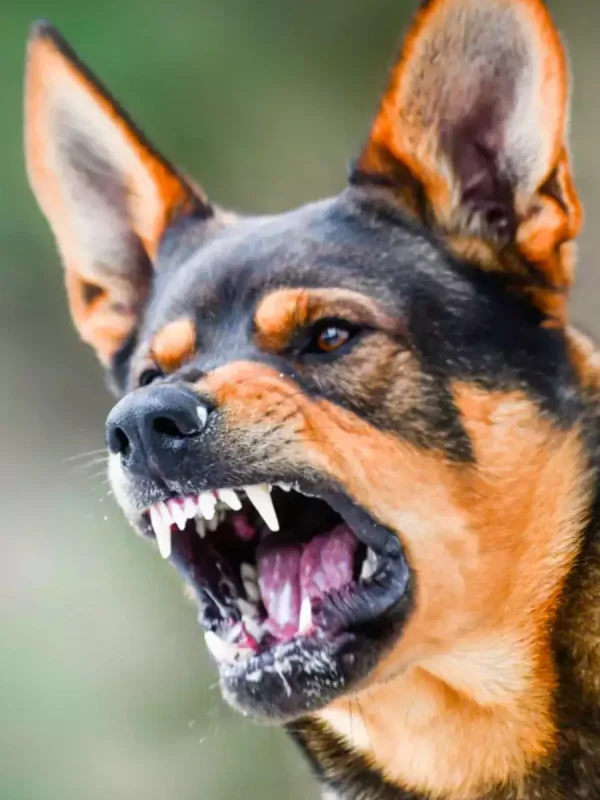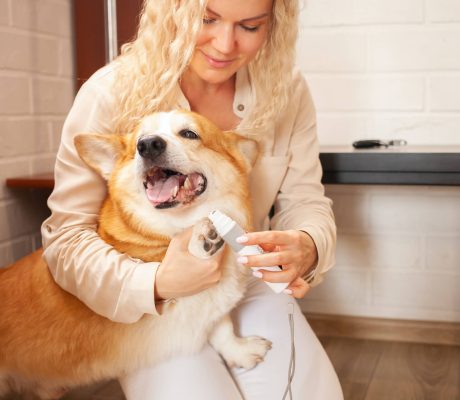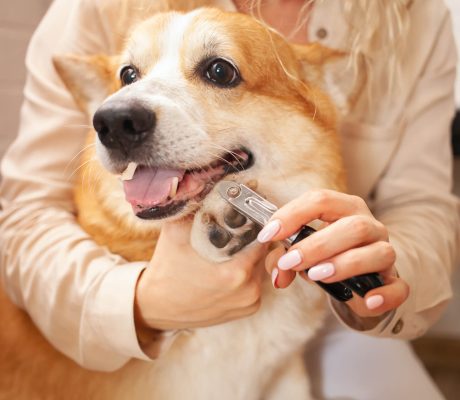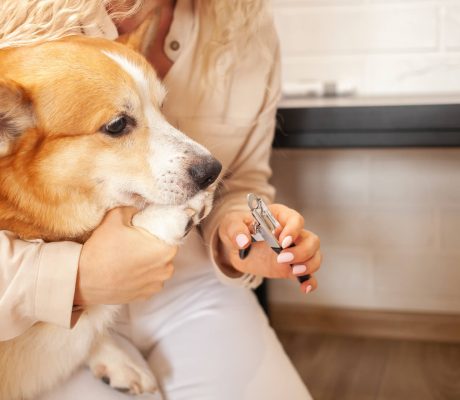German Shepherds, Rottweilers, and Doberman Pinschers are among the most violent dog breeds. Violent dog breeds often exhibit aggressive behavior and may pose a danger to humans and other animals.
Understanding the potential for aggression in certain breeds is crucial for responsible pet ownership and public safety. While individual temperament and training play significant roles in a dog's behavior, it's important to recognize that certain breeds may have a predisposition towards aggression.
In this blog, we will explore the characteristics and factors that contribute to the violent tendencies of specific dog breeds. Additionally, we will discuss the importance of proper training and socialization in mitigating aggressive behavior in dogs. Understanding the nature of these breeds can help owners and communities make informed decisions regarding pet ownership and safety measures.
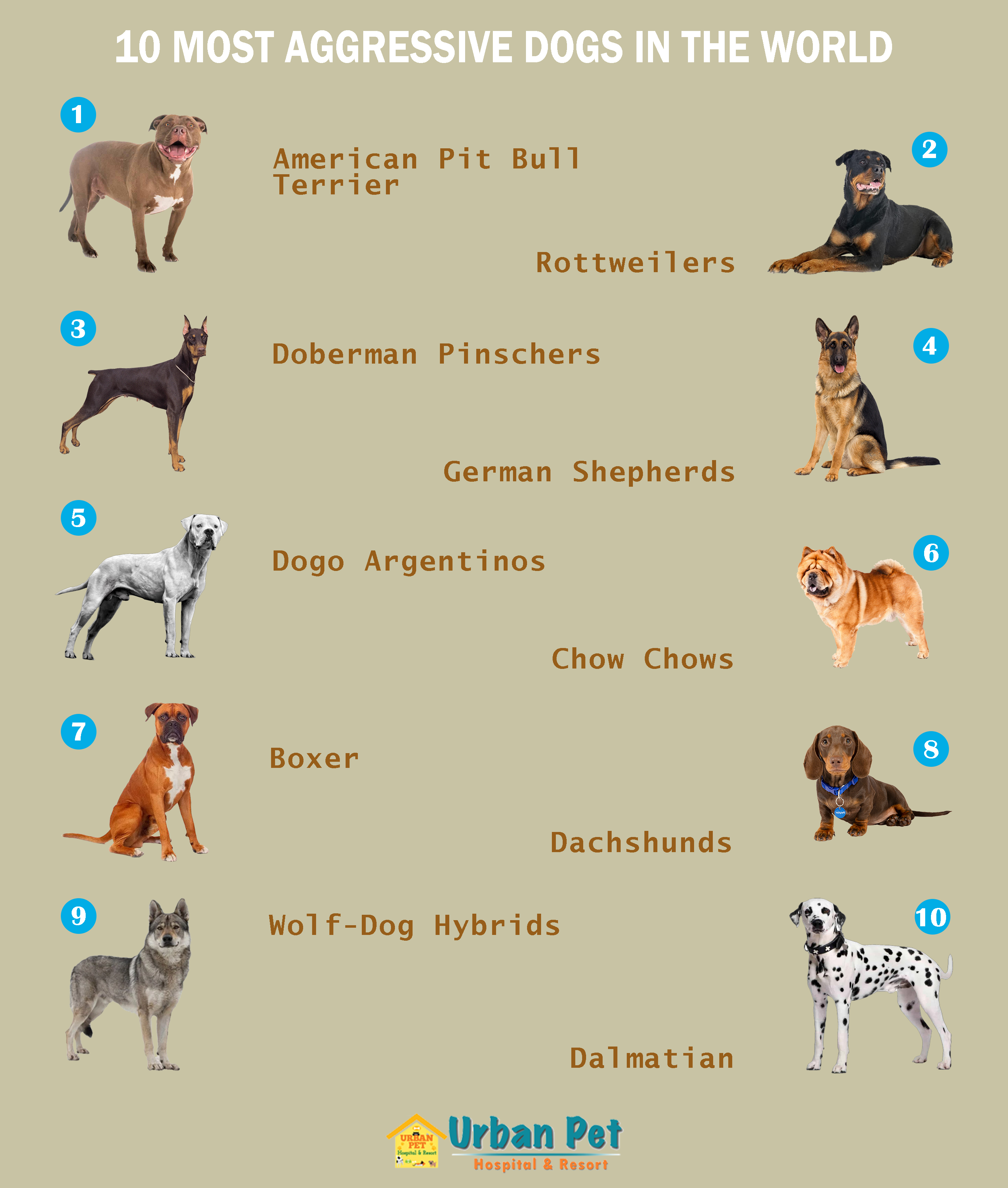
Credit: www.urbanpethospital.com
Introduction To Canine Aggression
Discover the world's most violent dog breeds, including German Shepherds, Rottweilers, and Doberman Pinschers. These breeds are known for their aggressive behavior and are often categorized as guard dogs due to their protective instincts and strong territorial nature.
| Rough Collie | Known for energy and alertness, may show aggression towards strangers. |
| Pit Bulls | Considered more dangerous due to breeding for aggression and lack of warning before biting. |
| Siberian Husky, Rottweiler, Kangal | Strong, large breeds with protective instincts against intruders. |
Historical Context Of Dog Breeding
Historically, dogs have been selectively bred for specific traits, often resulting in aggressive behavior. Human intervention has had a significant impact on the breeding of dogs, leading to the development of breeds known for their violent tendencies. The breeding practices aimed at creating guard dogs and illegal dog fighting have contributed to the proliferation of the most violent dog breeds.
The aggressive nature of certain breeds, such as the German Shepherd, Rottweiler, Doberman Pinscher, Husky, Pitbull, Chow Chow, Alaskan Malamute, Boxer, and Wolfdog, has been well-documented. In addition, studies have revealed that certain breeds, like the Rough Collie, have shown aggressive tendencies, particularly when it comes to protecting their family. Pit bulls have also been statistically identified as more dangerous due to their breeding for aggression and tendency to engage in fights without warning.
Identifying 'violent' Breeds
Identifying 'Violent' Breeds: Breed-specific aggression is a topic of concern for many dog owners. While it is important to note that aggression can be displayed by any breed, certain breeds have gained a reputation for being more prone to aggressive behavior. German Shepherds, Rottweilers, Doberman Pinschers, Huskies, Pitbulls, Chow Chows, Alaskan Malamutes, Boxers, and Wolfdogs are among the breeds that are often perceived as more violent.
However, it is crucial to understand that aggression in dogs is not solely determined by their breed. Factors such as socialization, training, and individual temperament play a significant role in a dog's behavior. Therefore, responsible ownership, proper training, and early socialization are essential in ensuring a well-behaved and non-aggressive dog.

Credit: www.herberttrial.com
Scientific Perspectives On Aggression
In recent studies and findings, there has been a growing interest in understanding the factors that contribute to aggression in dogs. One of the main debates revolves around the role of genetics versus the environment in determining a dog's aggressive behavior.
Genetics play a significant role in a dog's temperament and behavior. Certain breeds are known to have a higher predisposition towards aggression due to their genetic makeup. Dogs like German Shepherds, Rottweilers, and Doberman Pinschers are often considered to be more prone to aggression.
However, it is crucial to note that aggression in dogs is not solely determined by genetics. The environment and upbringing of a dog also play a crucial role in shaping their behavior. Factors such as socialization, training, and the treatment they receive from their owners can significantly impact their aggression levels.
Understanding the complex interplay between genetics and the environment is essential in addressing and preventing aggression in dogs. By providing proper training, socialization, and a nurturing environment, we can help reduce the likelihood of aggressive behavior in our canine companions.
Statistical Analysis Of Dog Attacks
According to statistics, the most violent dog breeds based on incidence rates of attacks include Pit Bulls, Rottweilers, and German Shepherds. These breeds are responsible for a high number of fatalities and injuries. Pit Bulls, in particular, have been involved in a significant number of fatal attacks due to their aggressive nature and tendency to not give a warning before biting.
Siberian Huskies, American Pit Bulls, and Rottweilers are considered to be some of the toughest and most dangerous dog breeds. It's important for dog owners to be aware of the potential risks associated with these breeds and take appropriate measures to ensure the safety of others.
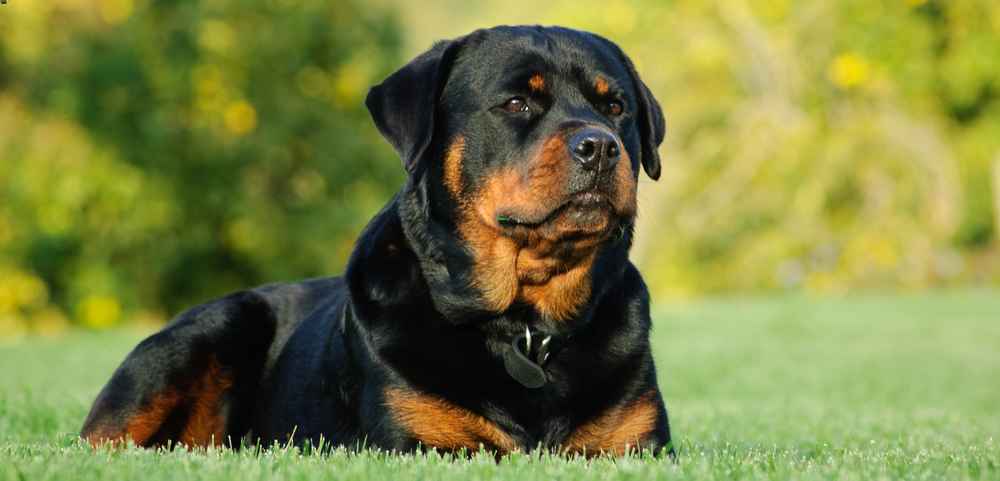
Credit: www.herberttrial.com
The Role Of Media And Public Perception
The media plays a crucial role in shaping public perception of the most violent dog breeds. Sensationalized stories and stereotypes can lead to misconceptions about certain breeds, such as Pitbulls and Rottweilers, affecting their reputation and potentially leading to breed-specific legislation.
It's important to critically evaluate media coverage and consider expert opinions to form a balanced understanding of dog breeds' behavior.
| Media sensationalism and bias can unfairly portray certain dog breeds. |
| This misrepresentation impacts breed reputation, especially for those labeled as violent. |
Case Studies: Rehabilitating 'violent' Dogs
|
Success stories:
Training methods and challenges:
|
Moving Beyond The Myth
When it comes to discussing violent dog breeds, it's important to move beyond the myth and promote responsible ownership. While certain breeds like German Shepherds, Rottweilers, and Pitbulls are often associated with aggressive behavior, it's important to note that any dog can become violent if not properly trained and socialized. In fact, studies have shown that breeds like Cocker Spaniels and Rough Collies can also exhibit aggressive behavior.
Instead of focusing solely on breed stereotypes, it's important to address the root causes of aggressive behavior in dogs. This includes addressing issues like lack of training, socialization, and proper care. By promoting responsible ownership practices and educating dog owners, we can work towards reducing incidents of dog aggression and creating safer communities for both people and pets.
Frequently Asked Questions
What Is The #1 Most Aggressive Dog?
The Rough Collie is considered to be the #1 most aggressive dog breed, according to a study conducted by the University of Helsinki. They are energetic and alert, which may contribute to their aggressiveness towards strangers. However, they are also known to be loyal and may become aggressive when their family is threatened.
What Breed Of Dog Has The Most Attacks?
The breed of dog that has the most attacks is the pit bull. Pit bulls are known to be more aggressive due to their breeding and are less likely to back down during fights. They may not give a warning before biting, making them potentially more dangerous than other breeds.
What Is The Toughest Dog?
The toughest dog breeds include the Siberian Husky, American Pit Bull, Rottweiler, and Dogo Argentino. These breeds are known for their strength and protective instincts.
Are Pitbulls Statistically More Dangerous?
Pitbulls are not statistically more dangerous than other breeds. All dogs' behavior depends on training and socialization.
Conclusion
To conclude, it is important to remember that a dog's behavior is largely influenced by its upbringing and environment. While certain breeds may have a higher tendency towards aggression, it is not a guarantee that every dog of that breed will exhibit violent behavior.
It is crucial for dog owners to provide proper socialization, training, and care for their pets to prevent any aggressive tendencies. Ultimately, responsible ownership is key in ensuring the safety of both the dog and those around them.


